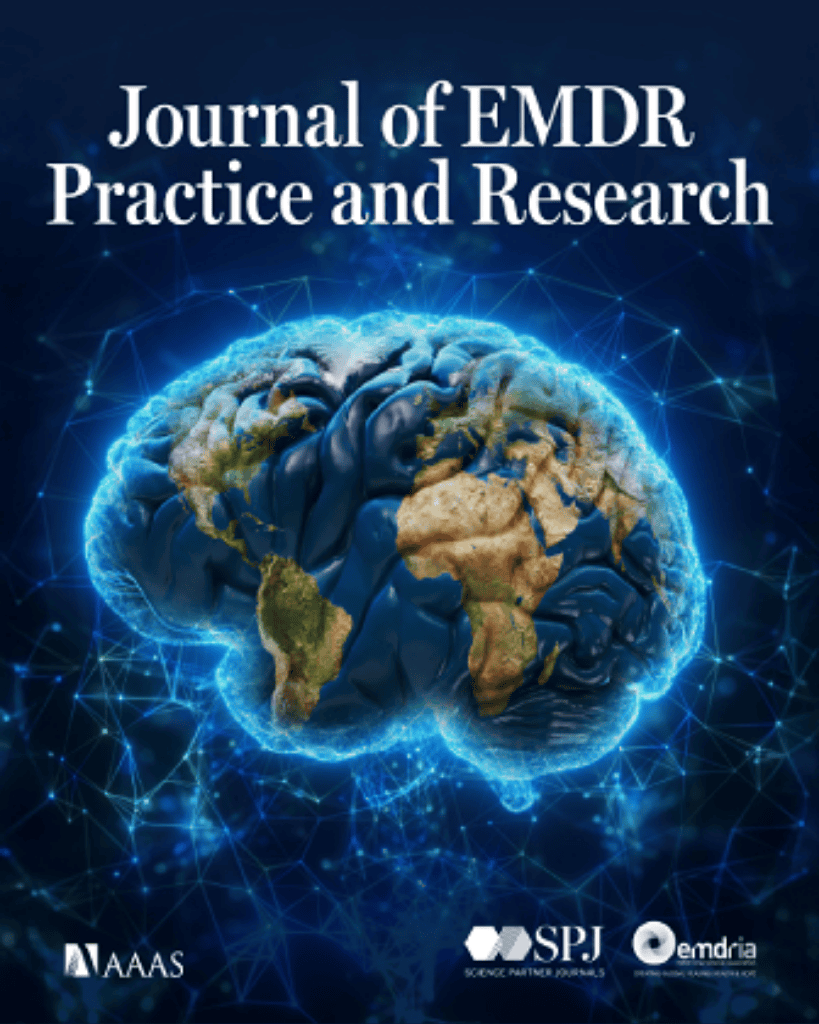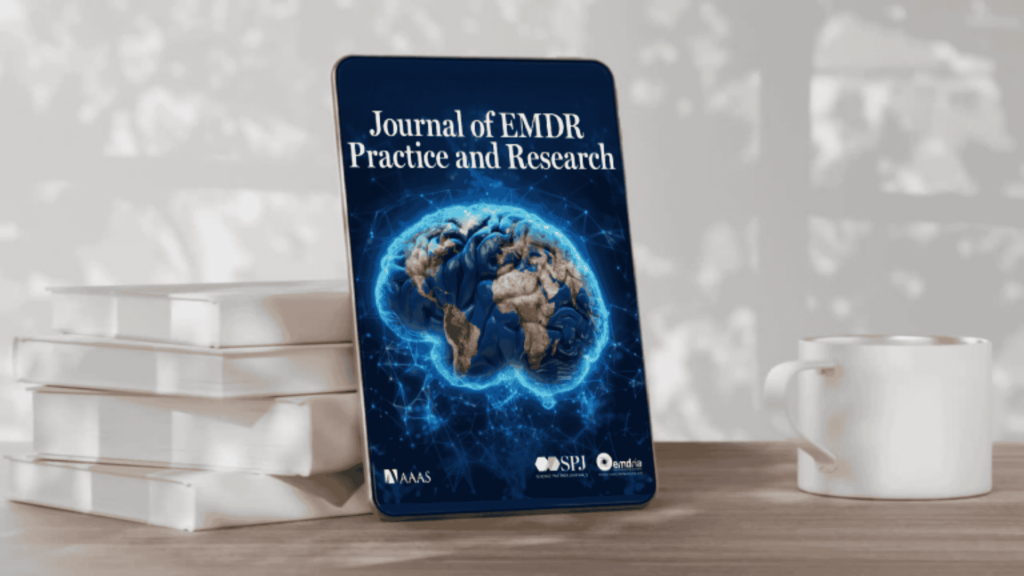
About JEMDR®
The Journal of EMDR Practice and Research® (JEMDR) is a peer-reviewed publication devoted to integrative, state-of-the-art papers about EMDR therapy. It is a broadly conceived interdisciplinary journal that stimulates and communicates research and theory about EMDR therapy and its application to clinical practice. The journal publishes experimental studies; theoretical, review, and methodological articles; case studies; brief reports; and book reviews.
Established in July 2007 by EMDRIA™, the journal is published by The American Association for the Advancement of Science (AAAS). Beginning January 1, 2025, JEMDR® will be published by the Science Partner Journals (SPJ) program of AAAS, the world’s oldest and largest general science organization, serving 10 million people around the globe. AAAS publishes the renowned journal Science, among others.
- ISSN (print): 1933-3196
- ISSN (online): 1933-320X
JEMDR® is co-edited by Jenny Rydberg, a former special editor with JEMDR®, book editor, and associate editor of the European Journal of Trauma and Dissociation, and Derek Farrell, Ph.D., MBE, a principal lecturer in psychology at the University of Worcester, UK, where he directs a master’s program in EMDR therapy.
Access the Journal of EMDR Practice and Research®
Recent Articles
A Reconnection Protocol for Grief: When the Love Lives On (Journal of EMDR Practice and Research)
This EMDR RDI protocol aims to help the griever proactively access positive memories of their loved one to facilitate a healthy connection.
Developing a Culturally and Methodologically Adapted Eye Movement Desensitization and Reprocessing Therapy Protocol for Major Depressive Disorder in Pakistan (Journal of EMDR Practice and Research)
Several critical cultural & methodological adaptations necessary to enhance effectiveness of the DeprEnd EMDR therapy protocol in Pakistan.
See other resource types in the EMDRIA™ Library.


